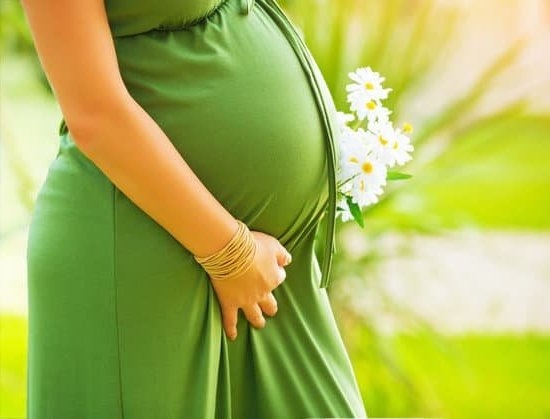A Successful Pregnancy Following Total Hysterectomy
Total hysterectomy, the surgical removal of the uterus, has traditionally been viewed as an absolute barrier to giving birth. However, recent advancements in reproductive technology have made it possible for some women to achieve successful pregnancies even following a total hysterectomy.
What is Total Hysterectomy?
A total hysterectomy is a surgical procedure that involves the removal of the uterus, usually along with some or all of the lymph nodes, cervix, fallopian tubes, and ovaries. The procedure is usually performed to treat conditions such as endometriosis, uterine fibroids, cancers of the reproductive system, or chronic pelvic pain.
What is the Risk of Pregnancy Following a Total Hysterectomy?
In general, the risk of pregnancy following a total hysterectomy is very low. A total hysterectomy removes the uterus and fallopian tubes, and often the ovaries, making it difficult for fertilization and implantation to occur. However, in certain cases, healthy embryos can be transferred to an available surrogate and achieve successful pregnancy.
Medical Advances for Achieving Pregnancy Following Total Hysterectomy
Recent advances in reproductive technology have made it possible for some women to have successful pregnancies after having a total hysterectomy. These advancements include:
- In Vitro Fertilization (IVF) – Through this technique, an egg and sperm are combined in a laboratory, with the resulting embryo then being placed into the available surrogate’s uterus.
- Ovarian Rejuvenation – Specialists can stimulate a woman’s ovaries to generate eggs, which can then be harvested and used for IVF.
- Ovarian Transplant – This procedure involves the transplantation of healthy ovaries from a donor into the woman’s body.
- Uterine Transplant – Uterine transplantation involves the surgical transfer of a functional and healthy uterus from a donor into a woman whose own uterus has been removed or is nonfunctional. Clinical trials are in progress, and uterine transplantation has resulted in healthy pregnancies in some cases.
Risks Associated with Pregnancies Following Total Hysterectomy
Although successful pregnancies can be achieved after a total hysterectomy, there is an increased risk of complications during pregnancy due to the need for advanced medical interventions. There is also an increased risk of preterm delivery, placental abruption, and other complications associated with IVF or surrogacy. Women should be aware of these risks and discuss them with their doctor before attempting pregnancy following a total hysterectomy.
Overall, the advances in reproductive technology have made it possible for some women to achieve successful pregnancies even following a total hysterectomy. However, there are still risks associated with this procedure, and women should consult with their doctor before pursuing pregnancy following a total hysterectomy.

Welcome to my fertility blog. This is a space where I will be sharing my experiences as I navigate through the world of fertility treatments, as well as provide information and resources about fertility and pregnancy.





